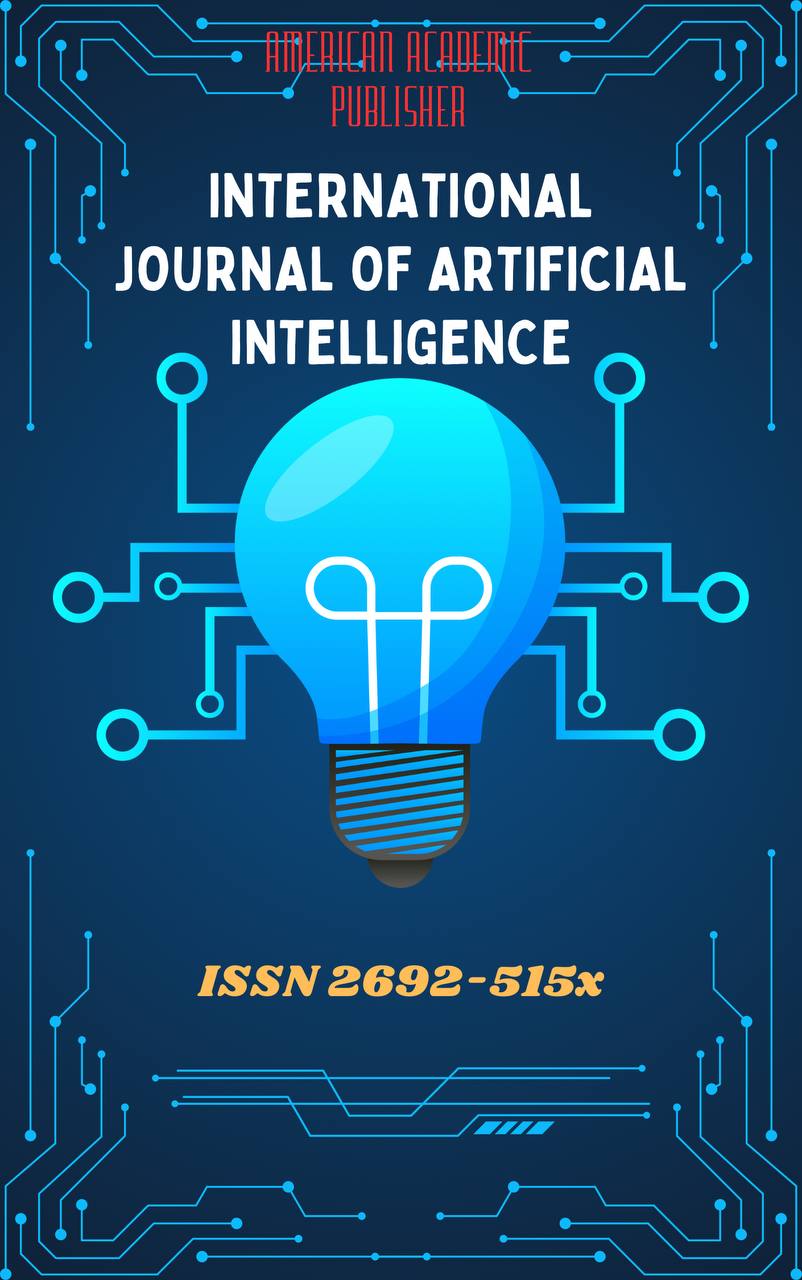 Articles
| Open Access |
Articles
| Open Access | THE INFLUENCE OF MENTALITY ON IDIOM TRANSLATION FROM ENGLISH TO UZBEK AND RUSSIAN
Zoyitova Dinora Doniyor kizi , Samarkand State Institute of Foreign Language Master’s degree studentAbstract
This article examines the complex relationship between cultural mentality and the translation of idioms from English into Uzbek and Russian. Idioms, as linguistically and culturally embedded expressions, present unique challenges for translators working across these language pairs. The research explores how differences in national mentality, historical worldviews, and cultural frameworks influence translation strategies and outcomes. Through comparative analysis of idiomatic expressions in these three languages, this study demonstrates that successful idiom translation requires not only linguistic competence but also deep cultural awareness. The findings suggest that translators employ various strategies - including equivalence, paraphrasing, and cultural substitution - based on the degree of conceptual overlap between source and target cultures. This research contributes to translation studies by highlighting the interconnection between mentality and idiom translation in the specific context of English-Uzbek and English-Russian language pairs, offering insights for translators navigating these complex linguistic relationships.
Keywords
idiom translation, cultural mentality, English, Uzbek, Russian, translation strategies, cross-cultural communication
References
Cacciari, C., & Tabossi, P. The comprehension of idioms. Journal of Memory and Language, 27(6), 668-683.
Baker, M. (1992). In Other Words: A Coursebook on Translation. Routledge.
Wierzbicka, A. (1992). Semantics, Culture, and Cognition: Universal Human Concepts in Culture-Specific Configurations. Oxford University Press.
Likhachev, D. S. (1997). Russkaya kul'tura [Russian Culture]. Iskusstvo.
Vinay, J. P., & Darbelnet, J. (1995). Comparative Stylistics of French and English: A Methodology for Translation (J. C. Sager & M. J. Hamel, Trans.). John Benjamins Publishing Company. (Original work published 1958)
Newmark, P. A Textbook of Translation. Prentice Hall.
Isamitdinov, S. (2019). Problems of translation of English phraseological units into Uzbek. International Journal of Research in Humanities, Arts and Literature, 7(5), 141-148.
Dirven, R., & Verspoor, M. (2004). Cognitive Exploration of Language and Linguistics. John Benjamins Publishing Company.
Karimov, N. (2020). Ingliz, O'zbek va Rus Tillaridagi Frazeologik Birliklarning Qiyosiy Tahlili [Comparative Analysis of Phraseological Units in English, Uzbek and Russian Languages]. Fan Press.
Lakoff, G., & Johnson, M. (1980). Metaphors We Live By. University of Chicago Press.
Mamatov, A. (2015). O'zbek Tili Frazeologiyasi [Phraseology of the Uzbek
Language]. Tashkent.
Ochilov, H. (2018). Cultural aspects of idiom translation from English into Uzbek. Journal of Foreign Language Teaching and Applied Linguistics, 5(2), 125-138.
Sapir, E. The status of linguistics as a science. Language, 5(4), 207-214.
Zoyitova D.D. (2025) Challenges of translating idioms and phraseological units from English to Uzbek. International scientific and practical conference “Innovations in Language Teaching, Learning and Assessment”
Article Statistics
Downloads
Copyright License

This work is licensed under a Creative Commons Attribution 4.0 International License.

